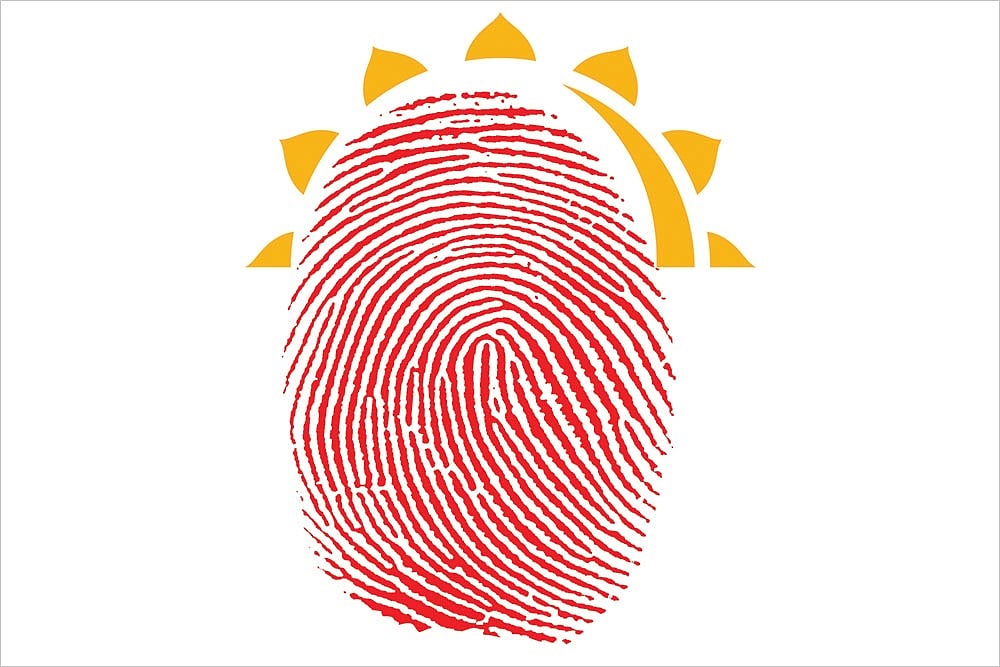APAAR ID: Unique Student Identification Raises Concerns About Data Safety
The Centre has begun the process of introducing the Automated Permanent Academic Account Registry or APAAR to school-going children across the country.

APAAR ID: Unique Student Identification Raises Concerns About Data Safety | Photo: Representative Image
The Central government’s ambitious plan to create unique identification for around 30 crore students in the country has met with reluctance and apprehension from educationists. Some experts believe that the project will lead to undesirable standardisation of school education and may result in the surveillance of children. On the other hand, teachers have complained about yet another ‘non-academic’ work foisted on them.
The Centre has begun the process of introducing the Automated Permanent Academic Account Registry or APAAR to school-going children across the country. The states have been tasked with obtaining parent consent for creating the unique ID.
APAAR will primarily serve as a gateway to the Centre’s digitisation service ‘DigiLocker’, allowing students to store their academic records and retrieve them for entrance tests, admissions, scholarship disbursement, transfer of government benefits and employment. The system will also enable tracking education progress and monitoring drop-outs by government agencies.
ALSO READ
Kishore Darak, an Ahmednagar-based educationist, objected to linking the unique ID with Aadhaar. He said that it runs the risk of being misused by private organisations.
"Looking at the overall notion and laws of confidentiality in the country, it’s unlikely that the data will remain safe. Linking APAAR with Aadhaar will have a direct effect of the latter being made mandatory. It will violate the Supreme Court’s verdict on Aadhaar and the Right to Education Act, which stipulates that no child can be denied schooling and other entitlements," he said.
The Centre’s directive for universal student identification comes despite the fact that the state has been unable to verify Aadhaar numbers of around 15 lakh out of 2.25 crore students. While the service remains optional, educationists believe that, much like Aadhaar verification, schools will be forced to ensure the participation of all students and parents.
Darak thinks that the programme will lead to a disparity between students who opt for APAAR and those who don’t. He claimed that it will ultimately result in the homogenisation and standardisation of curricula and scholastic aspects, as schools across the state may be forced to adopt a common education system.
However, Anil Sahasrabudhe, chairman of the National Educational Technology Forum (NETF), counters that Aadhaar will only be used for ‘back-end’ checking to avoid duplication. He also asserted that opting for the unique ID will be completely voluntary. "Those who don’t want to use it, would be creating disparity for themselves. We are all-inclusive,”" he said.
Some of the teachers are also critical of the initiative as they point out the shortage of staff in schools. “It appears that someone suggests something to the government and they jump on it. We request the state to use its machinery to carry out this exercise as we are already burdened with other work,” said Mahendra Ganpule, spokesperson for the Maharashtra School Principals Association.
RECENT STORIES
-
-
-
-
-